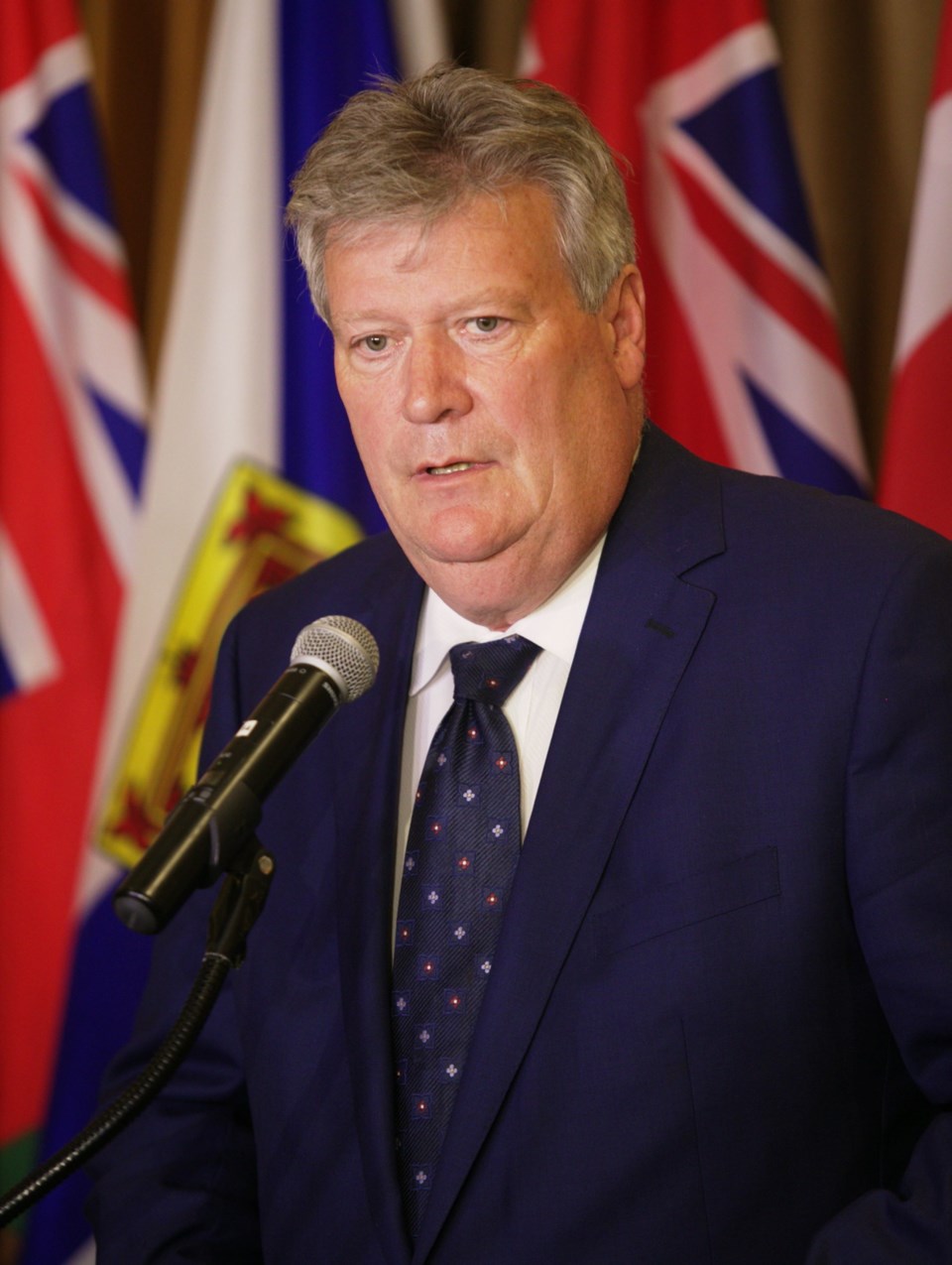 The B.C. Liberals are going to stare down the initial burst of concern about the foreign-buyers tax in Metro Vancouver, based on public comments Wednesday.
The B.C. Liberals are going to stare down the initial burst of concern about the foreign-buyers tax in Metro Vancouver, based on public comments Wednesday.
Cabinet ministers fully acknowledge the disruption that the sudden new 15 per cent tax on foreign buyers will cause. They also recognize the potential domino effect that some real estate interests are warning about. A B.C. vendor selling to a foreign buyer might also be a buyer in a separate deal, subject to the first sale. If the foreign buyer walks away, the subject-to sale could also be endangered.
But two ministers shrugged off the initial impacts of the tax, which kicks in on Tuesday.
Housing Minister Rich Coleman said: “Anybody that’s been around the game for any period of time that didn’t think, considering the concern there was in the marketplace, that government wasn’t going to do something, wasn’t paying much attention.”
The real estate industry might be “grumpy,” but there is support for the tax, as well, he said.
It was the simplest solution to address the demand problem, he said. And any revenue from it will go toward some significant new initiatives on the supply side that will be announced in coming weeks.
“There’s a really cool plan coming.” The government pumped $75 million into a new fund this week and all proceeds from the foreign-buyers tax will be added.
Concerns from the real estate industry were discounted as standard reaction to the sudden policy change. Coleman said the government had to make a tough decision and couldn’t foreshadow it because it was a tax measure. There is unlikely to be any “grandfathering” to allow deals already in the works to proceed without the tax. Any changes at all are unlikely.
Finance Minister Mike de Jong said the Metro Vancouver market is so resilient that “incredibly strong” domestic demand will more than make up for any foreign fall-off. Scaring off foreign buyers to some extent was obviously the whole point of the tax, so that B.C. residents could take their places. Anyone who gets caught in the initial shakeup should get some professional advice, he said.
De Jong also defended the tax against the workarounds that some people are conjuring up. A Vancouver real estate agent who advertised help in avoiding the tax was brought to heel on Tuesday. The real estate council and the superintendent of real estate opened investigations into his conduct, and de Jong said: “The taxation branch will be interested, as well.”
NDP critic David Eby said de Jong is the only person left who has any confidence in the real estate council, given that it is being dismantled and replaced by direct government oversight in a separate bill now before the house. Eby also said the avoidance measure, which involves pre-sale condos, could be a valid technique, although de Jong said there are measures in the bill to forbid such moves.
The Opposition also questioned any involvement by noted condo marketer Bob Rennie, who is also the chief fundraiser for the B.C. Liberal Party.
Coleman said outside the house that Rennie sells mostly to domestic buyers, not foreigners.
The upcoming moves will involve both rental supply and home ownership. About 30,000 families get rental assistance now, and that pool will likely be widened. Coleman is also looking at ways to create more incentives for builders of rental stock, which might include federal changes in capital-gains taxes.
Other measures to make home ownership more affordable are also in the works.
The one hole remaining in the picture is why only the city of Vancouver is allowed to try a tax on vacant properties. A bill before the house enables the city to impose it. But other cities, such as Victoria, will have to wait, despite the fact Victoria city council is requesting similar powers. The annual tax of a few thousand dollars on vacant homes would fund more housing initiatives.
Opposition criticism of the measures in the legislature so far has dwelled on what a complete reversal they represent from the government’s earlier stance of not intervening to rein in runaway prices. The NDP plans to suggest refinements, but vote in favour of the bills today.



